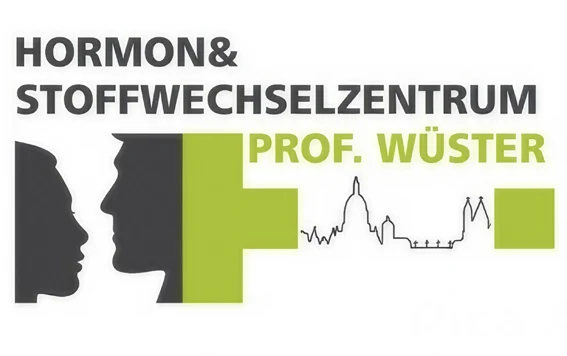Bone density measurement: DMP for patients from Frankfurt
Treat osteoporosis patients from Frankfurt better – with bone density measurement and DMP
FRANKFURT. 900,000 people in Germany are newly diagnosed with osteoporosis, a pathological form of bone loss, every year. ‘It is a real widespread disease,’ says Prof Dr med Dr h.c. Christian Wüster, who also treats patients from Frankfurt at his Hormone and Metabolism Centre in Mainz. The expert is therefore all the more pleased that a new structured treatment programme for osteoporosis patients has recently been launched. The so-called Disease Management Programme (DMP) is intended to contribute to a better quality of treatment and thus reduce the risk of secondary damage such as bone fractures.
If osteoporosis is suspected: bone density measurement by a specialist in Frankfurt
Patients over the age of 50 (women) or 60 (men) who have been diagnosed with osteoporosis that requires treatment with medication can take part in the programme. ‘If osteoporosis is suspected, we carry out a bone density measurement in our Hormone and Metabolism Centre. In addition, laboratory tests or imaging procedures may be useful,’ explains Prof Dr Wüster.
If the examinations reveal a fracture risk of at least 30 per cent within the next ten years, patients can be enrolled in the new DMP. The same applies to patients who already show typical symptoms such as loss of height.
After bone density measurement: treating patients from Frankfurt in line with guidelines
Effective medication is available to stop bone loss. But tablets alone are not enough. In particular, the new DMP provides for patient training to educate those affected about lifestyle-related interventions and support them in their implementation. ‘An adapted diet with sufficient vitamin D, calcium and protein as well as regular exercise are particularly important,’ says specialist Prof Dr Wüster. In the advanced stages of osteoporosis, patients are often restricted in their mobility, as vertebral fractures and other fragility fractures can occur. In these cases, the doctor can prescribe low-pain mobilisation as part of physiotherapy. For patients aged 70 and over, regular fall prevention is also planned. Overall, the long-term care of osteoporosis patients in line with the guidelines should help to slow down the progression of the disease, avoid complications and thus improve the quality of life of those affected.

